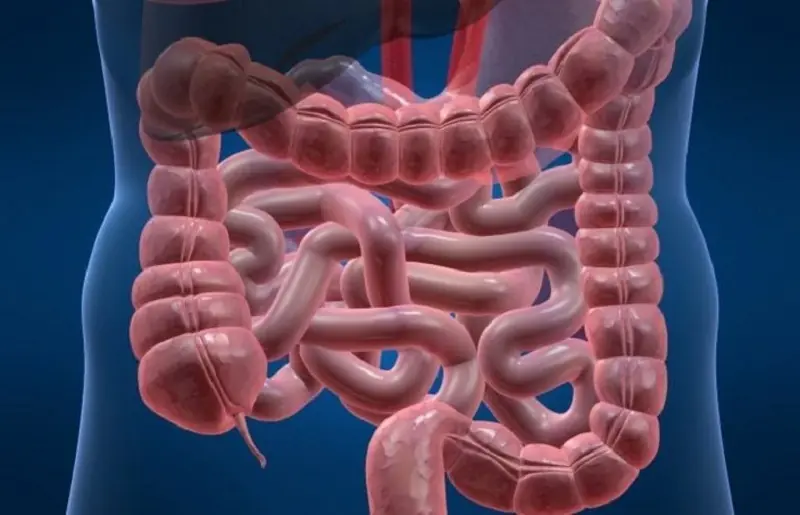
The Silent Killer" That Causes Brain Shrinkage — Yet Parents Still Feed It to Their Children Daily
In today’s fast-paced world, convenience often takes precedence over nutrition. Many parents, with the best intentions, provide their children with food that appears harmless — or even marketed as healthy — without realizing the hidden dangers it may contain. Shockingly, recent studies have identified certain everyday food items as potential contributors to neurological decline, especially in developing children. Among these is what experts have started referring to as a “silent killer”: ultra-processed foods.
These foods, typically high in sugar, unhealthy fats, additives, and preservatives, are not just devoid of nutritional value; they may also be linked to brain shrinkage in both children and adults. In children, whose brains are still developing, this is particularly alarming. Researchers have found that consistent exposure to excessive sugars, artificial sweeteners, and additives can contribute to inflammation in the brain, oxidative stress, and impaired cognitive function.
One of the biggest culprits? Sugary snacks and beverages — from flavored yogurts and breakfast cereals to juices and sodas. These are often disguised under colorful packaging and clever marketing that target children directly. While they may provide a quick energy boost, these foods wreak havoc on a child’s metabolism and brain chemistry. Over time, the constant blood sugar spikes and crashes caused by these items may lead to reduced memory, learning difficulties, and even long-term damage to brain structure.
Another underestimated danger is monosodium glutamate (MSG) and other flavor enhancers found in instant noodles, chips, and processed meats. These chemicals are known to overexcite neurons, leading to what some scientists call “excitotoxicity” — essentially causing nerve cells in the brain to become overstimulated and die off. When consumed regularly, these substances may interfere with healthy brain development.
Additionally, a growing body of evidence connects trans fats — often found in margarine, fast food, and baked goods — with poor brain function. These fats are known to harden arteries, restricting blood flow to the brain, and have been linked with depression and reduced cognitive ability.
Unfortunately, many parents unknowingly provide these foods as part of their child’s daily diet — not out of neglect, but out of habit, lack of awareness, or time constraints. The consequences, however, can be lasting. Children fed predominantly ultra-processed diets have shown higher incidences of attention problems, slower language development, and emotional regulation issues.
So what can be done?
The answer lies in education and mindful choices. Parents need to become more aware of ingredient labels and food sources. Emphasizing whole foods — such as fruits, vegetables, whole grains, nuts, and lean proteins — can significantly improve brain health. Hydration is also key; replacing sugary drinks with water or fresh coconut water makes a big difference.
Moreover, creating a culture of home-cooked meals, even if simple, helps children develop healthy eating habits that carry into adulthood. Involving kids in meal preparation can also teach them the value of nutrition from an early age.
In conclusion, what seems like a harmless snack or an easy dinner option might be affecting your child more than you realize. The brain is an incredibly delicate and complex organ, especially in its formative years. Choosing the right fuel for it is not just a matter of diet — it’s a matter of future intelligence, emotional well-being, and long-term health. It's time for parents to reconsider what they’re feeding their children — before it’s too late.
News in the same category


From age 65, how often should you shower (and why over-washing can be harmful to your health)

What’s the Secret to Becoming a Super-Ager?
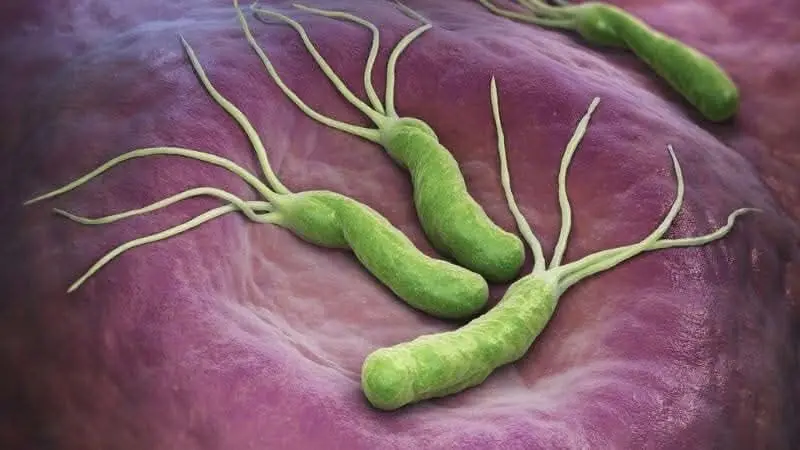
H. Pylori Fears These 5 Foods the Most — Eat Them to Protect Your Stomach

Woman Unveils 5 Colon Cancer Symptoms You Must Never Ignore
Colon cancer is often called the “silent disease” because its warning signs are easy to dismiss. One Texas mother, Radwah Oda, is now sharing her painful journey in hopes of saving others from making the same mistake.

Mother and Child D:ie From Liver Cancer — Doctors Reveal 3 Ingredients That Should Never Go Into Porridge
The story of the mother and child stands as a haunting reminder that the smallest choices in the kitchen can carry lifelong consequences.
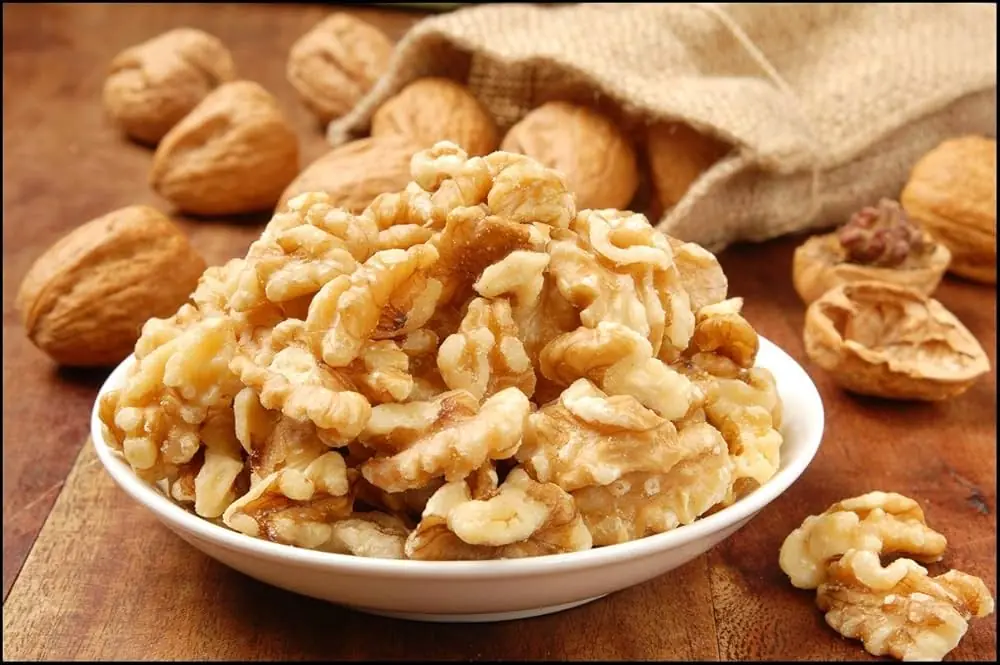
Proven Health Benefits of Walnuts, How Many to Eat, and More (Science Based)

The Most Dangerous Foods: Unpacking the Risks of Processed Meat
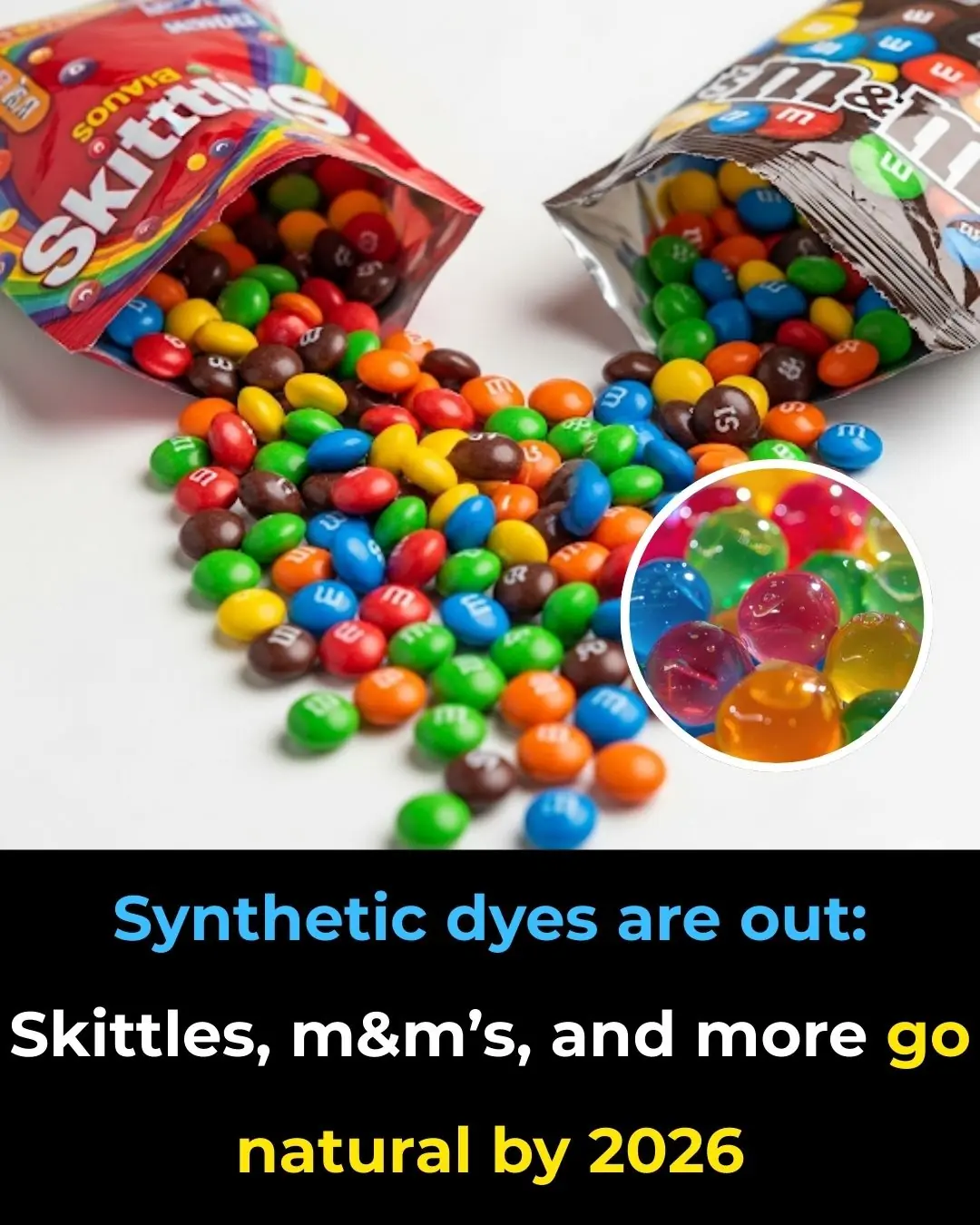
Synthetic Dyes Are Out: Skittles, M&M’s, and More Go Natural by 2026

Vaseline and Egg White Face Mask: The Ultimate Anti-Aging Remedy to Look 10 Years Younger
Whether you’re looking to reduce wrinkles, lighten dark spots, or prevent acne, this mask offers a wide range of benefits that will transform your skin.

15 Honest Phrases You’ll Never Hear From a True Narcissist

Three-Day Lymphatic Cleanse To Keep You Healthy All Year Long

How Water Fasting Can Have Many Benefits

Vegetables To Clean Your Arteries And Prevent Heart Attack

5-Year-Old Loses Battle With Cancer — Doctors Reveal 5 Foods Parents Must Never Give Their Children
The heartbreaking loss of a 5-year-old child to late-stage cancer has sparked a powerful warning from health experts. Doctors now stress that nutrition plays a far bigger role in preventing chronic diseases than many parents realize.
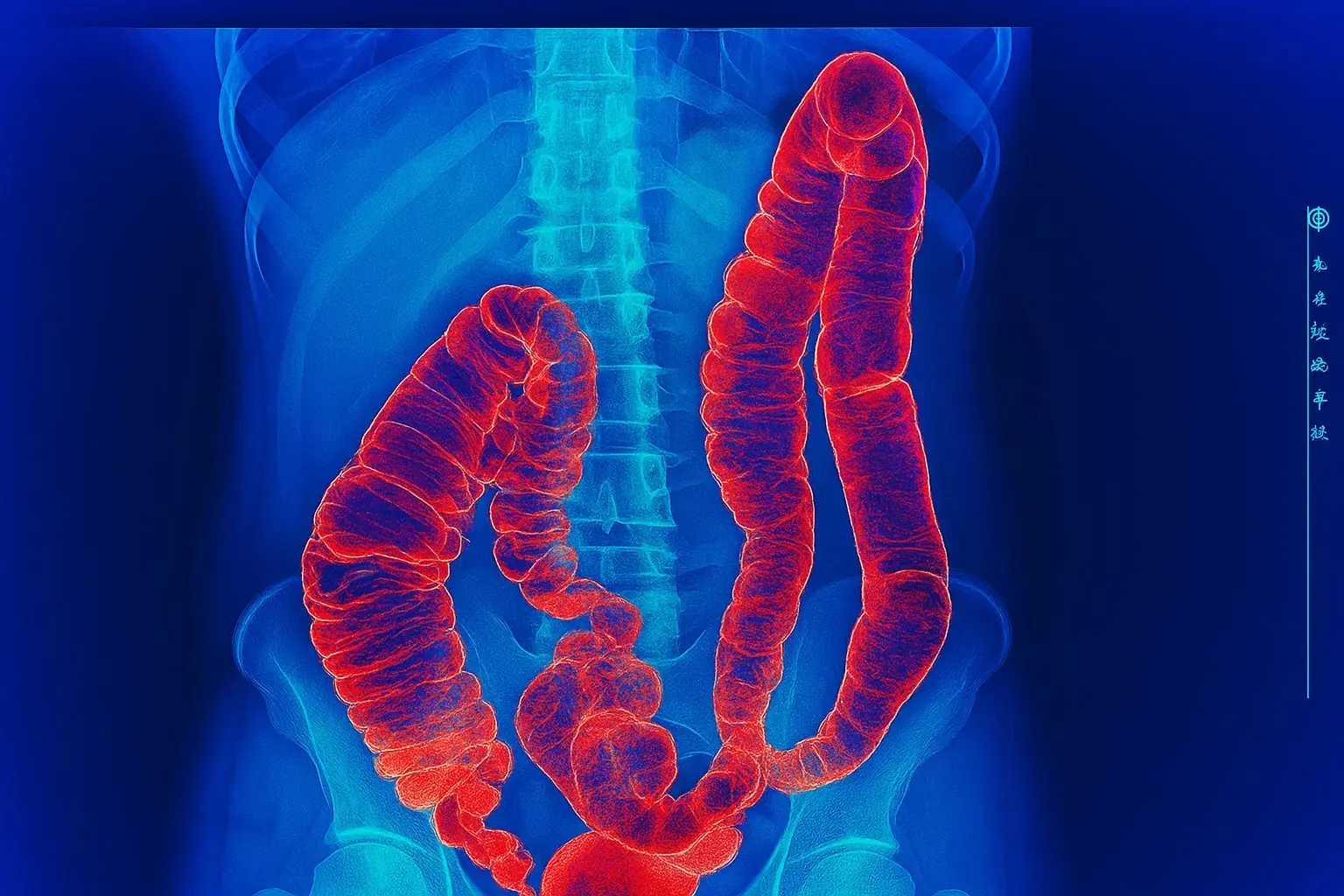
Toxic Megacolon From Severe Constipation — What Causes It and How To Prevent It
Constipation may seem like nothing more than an uncomfortable inconvenience, but ignoring it for too long can put your health at serious risk. In extreme cases, chronic constipation can progress into a life-threatening condition known as toxic megacolon,

Stage 4 Cancer Woman Issues Urgent Warning: Don’t Ignore These Subtle Signs
A mother of two ignored what seemed like minor health issues, only to learn they were signs of stage 4 bowel cancer. Now, she’s warning others not to make the same mistake.

The surprising truth about eating eggs every day
News Post

lacing these 3 things on top of the fridge will cause wealth to disappear, no matter how much you have.

Buying bananas: Wise people turn away when they see these 3 types, while foolish ones grab them just because they’re cheap

Don’t soak frozen meat in plain water. According to chefs, there’s a way to defrost it in just 5 minutes while keeping it delicious.

Water heaters have a hidden 'switch.' Any household that knows how to open it can use it for 10 years without worrying about damage or high electricity bills

Mix white salt with fabric softener, solve many household problems, and save a lot of money.

Apply this on a knife, and no matter how dull it is, it will become razor-sharp and shiny, without needing a whetstone.

Inside the washing machine, there’s a ‘small box’ with an incredibly powerful function: Not knowing how to use it is such a waste.

Why Some Women Lose Their Desire: 4 Avenues to Explore

Why should you keep some money behind your phone case?

If You Have Colon Polyps, These 4 Signs While Using the Toilet May Appear – See a Doctor Before It’s Too Late

From age 65, how often should you shower (and why over-washing can be harmful to your health)

What’s the Secret to Becoming a Super-Ager?

Coffee, Cookies, and Cheese Recalled From Major Retailers in Multiple States

H. Pylori Fears These 5 Foods the Most — Eat Them to Protect Your Stomach

Woman Unveils 5 Colon Cancer Symptoms You Must Never Ignore
Colon cancer is often called the “silent disease” because its warning signs are easy to dismiss. One Texas mother, Radwah Oda, is now sharing her painful journey in hopes of saving others from making the same mistake.

Mother and Child D:ie From Liver Cancer — Doctors Reveal 3 Ingredients That Should Never Go Into Porridge
The story of the mother and child stands as a haunting reminder that the smallest choices in the kitchen can carry lifelong consequences.

Proven Health Benefits of Walnuts, How Many to Eat, and More (Science Based)

The Most Dangerous Foods: Unpacking the Risks of Processed Meat
